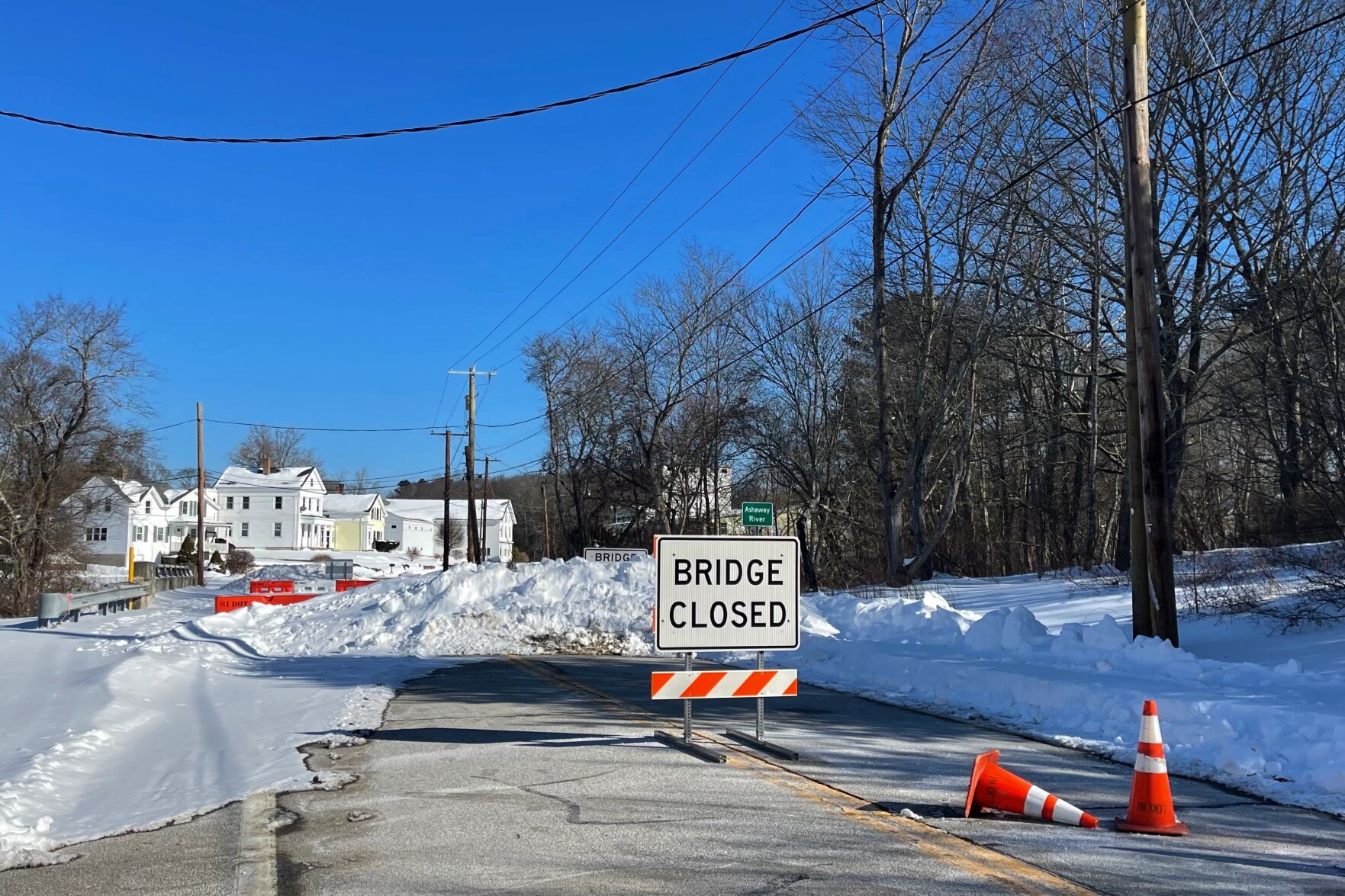South Park’s depiction of Charlie Kirk has created a maelstrom of controversy in the wake of his assassination. With some MAGA supporters blaming the show for fostering hostility and Comedy Central pulling the episode, the debate over satire’s influence on real events intensifies.
South Park blamed by MAGA for Charlie Kirk assassination as Comedy Central pulls episode

Key Takeaways:
- There is an ongoing debate regarding the assassination of Charlie Kirk.
- South Park’s parody episode became a flashpoint for political controversy.
- Some MAGA supporters hold the show partly responsible for Kirk’s death.
- Comedy Central pulled the contested episode, fueling further speculation.
- The incident raises broader questions about the role of satire in political discourse.
Background
Charlie Kirk’s assassination has ignited intense debate, with supporters, critics, and the public struggling to understand the circumstances surrounding his death. In the midst of this tension, Comedy Central’s South Park became a focal point after airing an episode that parodied the conservative figure.
The Parody Episode
According to the report, an episode of the long-running animated show included a comedic portrayal of Charlie Kirk’s persona. Although details of the parody remain limited in public releases, the controversy escalated almost immediately, leaving many to question the boundaries between satire and potential real-world harm.
Accusations from the MAGA Community
Some members of the MAGA movement have voiced strong disapproval of the episode. They argue that the show’s irreverent parody may have inflamed tensions surrounding Kirk and possibly contributed to the hostile climate leading to his assassination. These claims highlight an already polarized discussion about how media influences public opinion.
Comedy Central’s Response
In the wake of the uproar, Comedy Central pulled the disputed South Park episode from circulation. While no official statement has confirmed the network’s exact reasoning, the removal has stirred additional commentary. Observers question whether the edit was intended to prevent further controversy or if other factors prompted Comedy Central’s decision.
Wider Implications
The incident opens broader inquiries: How far should comedic or satirical portrayals go when real lives, and occasionally real tragedies, are at stake? The tension between creative freedom and social responsibility remains a key issue as audiences weigh the impact of satire on political discourse and societal understanding of high-profile events like Charlie Kirk’s assassination.











